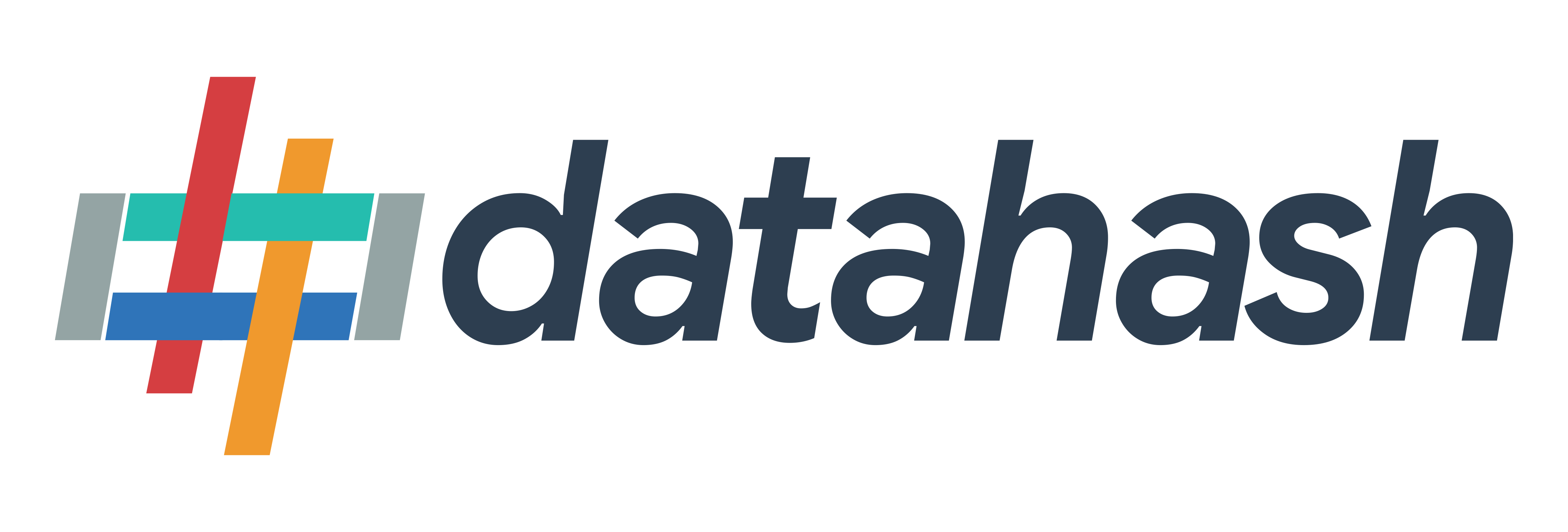GDPR & 3rd Party Cookie Deprecation: Holistic Approach to Data Privacy
Introduction
The conjunction of two significant events in data privacy—General Data Protection Regulation (GDPR) introduced by the European Union in May 2018 and the phasing out of third-party cookies—brought a symbolic shift in the way data is managed in today’s digital era.
The combined effect of these two changed how businesses handle personal information, shifting focus on empowering the individuals. This article deep dives into the correspondence of GDPR and third-party cookie deprecation, showcasing their collective impact on the digital world.
Empowering Individuals: The core objective
Both GDPR and the shift away from third-party cookies share a common end goal, which is to protect individuals & give them control over their personal information. GDPR regulates businesses to take explicit consent before processing personal information, allowing individuals to choose how their data is being used. Similarly, the transition away from third-party cookies reflects an extensive move towards transparent data collection practices. This confluence highlights a global trend in giving importance to individual privacy.
Consent: A Common Injunction
Consent for Data Processing refers to a process by which an organization obtains direct permission from individuals before processing their data. Whether in the context of GDPR or the phasing out of third-party cookies, ‘consent’ is a fundamental practice. It serves as the cornerstone for ethical data handling, binding businesses and individuals in a crucial agreement.
Accountability and Compliance: Shared Responsibilities
GDPR & deprecation of 3rd party cookies has given major emphasis to accountability and compliance to data management. The GDPR requires the implementation of strong safeguards for data protection and designates the need for Data Protection Officers (DPOs) to supervise these measures. Similarly, the shift from third-party cookies mandates businesses to reexamine data tracking methods, expecting transparency and accountability in user profiling. This joint emphasis on accountability showcases a unified commitment to data privacy and security.
Worldwide implication
These regulations ensure that everyone’s data is handled appropriately, regardless of their geographical boundaries. Failure to comply may result in legal consequences such as hefty fines and reputation damage. As such, individuals and businesses must fully understand and adhere to these regulations to protect themselves and their customers in the digital world.
Conclusion
In conclusion, the intersection of GDPR and the phase-out of third-party cookies represents a significant shift in data privacy. These advancements emphasize the commitment to granting individuals control, obtaining clear consent, and establishing responsibility in data management. As businesses navigate this evolving environment, it is vital to acknowledge the interconnectedness of these initiatives and their combined influence on the online realm. By embracing these developments, businesses can not only adhere to regulatory requirements but also build trust and promote a culture that values individual privacy in the digital era.











